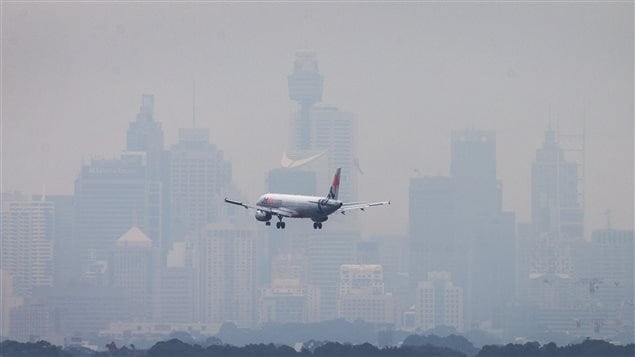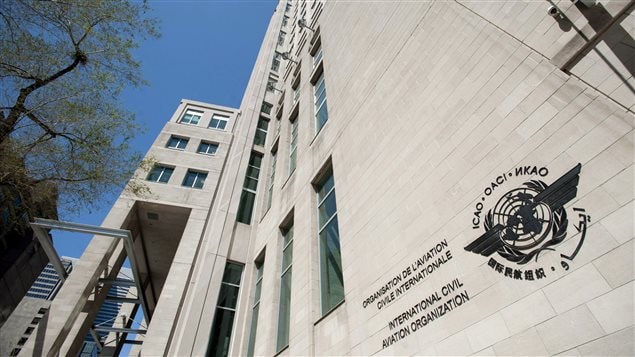Delegates from 191 countries and a number of international organizations representing the aviation sector have gathered in Montreal this week to discuss a landmark proposal on curbing global carbon emissions released by the industry.
If approved by the 39th triennial Assembly of the International Civil Aviation Organization (ICAO), the Carbon Offset and Reduction Scheme for International Aviation (CORSIA) will become the first global emissions pact covering an entire industry.
The Montreal-based UN aviation agency has come up with a draft proposal to cap emissions from international flights at 2020 levels.
If the accord is approved, there will be a voluntary pilot phase from 2021 to 2026 after which participation would be mandatory for all eligible states.
States representing more than 80 percent of international traffic have already volunteered to participate in the pilot phase in 2021, said Olumuyiwa Benard Aliu, president of the Council of the ICAO, in his opening address to the assembly.
“This assembly stands to become an historic milestone, setting new records for its level of participation and the very significant amount of work to be undertaken here by world governments,” Aliu said. “It is also expected to endorse a resolute step to mitigate greenhouse gas emissions by the international community, and sector-wide action at the global level.”

The association representing the global airline industry fully backs the proposal and would have preferred a “more ambitious timeline,” said in a statement Alexandre de Juniac, director general and CEO of the International Air Transport Association (IATA).
“I am optimistic that we are on the brink of a historic agreement—a first for an industry sector at the global level,” said de Juniac.
IATA says the industry, which accounts for about 2 per cent of global greenhouse gas emissions, committed in 2009 to improve fuel efficiency by an average of 1.5 per cent annually to 2020; to cap net emissions with carbon neutral growth from 2020, and to cut net emissions to half of 2005 levels by 2050.
But to get there the industry would like to see mandatory participation and global set of rules, not a patchwork of regional regulations, de Juniac said.
“The industry is ready. There is really no reason for governments not to volunteer,” he said.
Canada is one of the countries along with the United States, China, Indonesia, Mexico, the Marshall Islands, and 44 European countries that have already indicated their willingness to participate in the scheme.
“The Government of Canada recognizes that, through global cooperation and efforts to ensure the seamless transport of passengers and goods, new ways can be found to help ensure the air transportation system is safe, secure, efficient and environmentally sustainable,” said Marc Garneau, Canada’s federal Transport Minister and a former astronaut. “I was pleased to discuss these issues with my international colleagues at this historic event.”
Now is the time for other states to match their political leadership, by coming to the assembly already committed to participate, even if the scheme is voluntary at the initial stage, said de Juniac.
Security will be another key issue discussed at the Montreal meeting, which takes place from Sept. 27 to Oct. 7, as officials are expected to make decisions on airport security, cybersecurity on airplanes and the risk of hidden explosives on people, among other things.







For reasons beyond our control, and for an undetermined period of time, our comment section is now closed. However, our social networks remain open to your contributions.